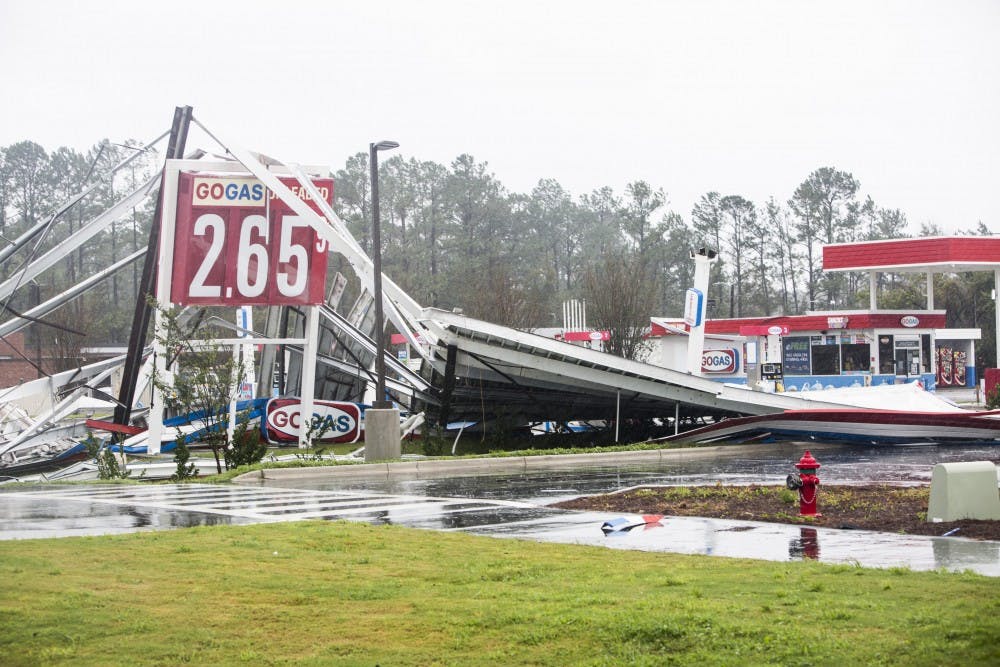Gov. Roy Cooper is taking action after Hurricane Florence and asking state legislators to approve $1.5 billion for the state's recovery.
“Our future success will depend on the measures we take now,” Cooper said.
The governor’s recommendations include $25 million for wastewater and drinking water grants to promote resiliency during future storms, $176 million for a Homeowner Repair and Rehabilitation Fund to help homeowners and renters and $12 million in commercial fishing assistance.
The hope is that this will aid in recovering from the estimated $12.8 billion in total damages and help bridge the gap between the aid needed and the $2.3 billion in federal aid the state thinks it will receive.
Madison Lewis, a spokesperson for the North Carolina Housing Finance Agency, said the agency was pleased with the governor and General Assembly's quick action in funding Hurricane Florence recovery.
“There was a severe shortage of quality, affordable housing in disaster-declared counties prior to both Hurricanes Matthew and Florence, and these disasters have only made that need more acute,” Lewis said. “As we learned after Hurricane Matthew, recovery is a long process, so starting quickly is crucial.”
Recovery has reinforced concerns about climate change and global warming.
Elon University conducted a survey on how Hurricane Florence impacted North Carolina voters. The survey included a poll measuring the degree of concern about climate change according to political party.
The results showed 68 percent of Republicans, 94 percent of Democrats and 80 percent of unaffiliated voters that responded think it’s either very likely or somewhat likely that climate change will negatively impact coastal communities in North Carolina within the next 50 years.



